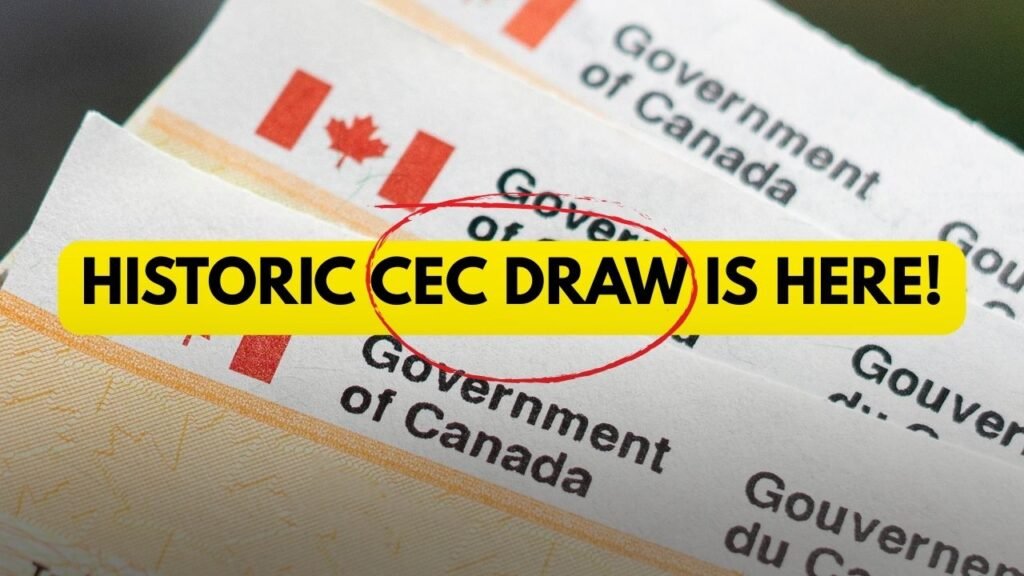What is the Canada Study Visa Gap-Year Policy?
The Canada study visa gap year policy refers to how Canadian immigration authorities and institutions view breaks in education when assessing study permit applications. Unlike some countries with strict rules, Canada often accepts reasonable gaps, provided applicants show evidence of productive use of that time.
For example, if a student took two years off after high school to work, complete internships, or prepare for language exams, this can be seen as a valid reason. The focus is not just on the duration of the gap but also on how meaningfully it was spent.
How Long a Study Visa Gap Year is Accepted in Canada?
One of the most common concerns for international students in Canada is the acceptable length of a study gap. While there is no official federal law defining strict timelines, general guidelines are widely followed:
- For undergraduate programs: A gap of up to 2 years is typically acceptable.
- For postgraduate programs: A gap of up to 5 years is generally considered reasonable.
- Special cases: Longer gaps can be accepted if applicants provide strong evidence, such as professional experience or advanced skill development.
These rules are often referred to as Canada student visa gap rules, but institutions and visa officers may exercise discretion depending on individual applications.
Acceptable Reasons for a Study Gap in Canada
When evaluating the gap year policy for Canada study visa, immigration officers and colleges look for justifiable explanations. Some acceptable reasons include:
- Work Experience: Full-time or part-time employment to gain financial stability or career exposure.
- Skill Development: Courses, certifications, or online learning relevant to future studies.
- Language Preparation: Time spent improving English or French proficiency through IELTS, CELPIP, or other tests.
- Health or Personal Issues: Documented medical conditions or family circumstances that required attention.
- Exploration and Volunteering: Gap years used for travel, internships, or volunteering that demonstrate personal growth.
If these reasons are well-documented, they can significantly strengthen an application.
Study Visa Requirements Canada: Do Gaps Affect Eligibility?
When applying for a Canadian study permit, the study visa requirements Canada typically include:
- Letter of Acceptance from a Designated Learning Institution (DLI).
- Proof of financial capacity (tuition fees, living expenses).
- Academic transcripts and certificates.
- Valid explanation for any education gap.
- English/French language test scores.
The Canada study permit eligibility criteria remain the same whether or not a student has a gap year. What changes is the burden of proof—students with gaps must provide strong supporting documents.
Canada Immigration for Students: Why Gap Years Are Considered
Canada attracts thousands of international students every year due to its inclusive policies. The Canada immigration for students framework recognizes that not every learner follows a traditional academic path. Many take breaks to explore career options, earn money, or resolve personal matters.
This flexibility is one of the reasons Canada is viewed as a top study destination. By allowing justified gaps, the system accommodates diverse backgrounds and ensures students can transition smoothly into Canadian academic life.
What Documents Support a Study Gap in Canada?
If you are applying with an education gap, consider submitting these documents with your application:
- Work reference letters for employment during the gap year.
- Certificates or transcripts for courses, diplomas, or online programs completed.
- Medical records if the gap was due to health-related issues.
- Travel or volunteer certificates if you engaged in international experiences.
- Personal statement or SOP clearly explaining the reasons for your gap and how it connects to your study goals.
Providing these documents helps satisfy the Canada student visa gap rules and strengthens your application.
How Immigration Consultants Help with Study Gap Applications
Applying with an education gap can be tricky. An experienced immigration consultant can:
- Assess the length and reason for your gap.
- Help draft a compelling Statement of Purpose (SOP).
- Ensure all documents are aligned with study visa requirements Canada.
- Advise on the right programs and institutions that are gap-friendly.
- Increase approval chances by presenting your case professionally.
Working with experts ensures you meet all aspects of Canada study permit eligibility, especially if your education break is longer than the usual acceptance period.
FAQs on Canada Study Visa Gap-Year Policy
1. What is the maximum acceptable study gap in Canada?
Generally, 2 years for undergraduate and 5 years for postgraduate programs are acceptable, but longer gaps may be approved with strong evidence.
2. Can international students in Canada apply after 10 years of gap?
Yes, in rare cases. If the applicant has extensive work experience or pursued continuous professional development, they may still qualify.
3. Does a study gap reduce visa approval chances?
Not necessarily. As long as the gap year policy for Canada study visa is followed and proper justification is provided, approval chances remain strong.
4. Which provinces in Canada are more lenient with study gaps?
Institutions in Ontario, British Columbia, and Alberta are often considered flexible, but acceptance depends more on the institution and visa officer’s evaluation.
Conclusion: Take the Next Step with Expert Guidance
The Canada study visa gap year policy provides flexibility for students who took breaks in their education journey. Whether your gap was due to work, personal reasons, or skill development, what matters most is how well you justify it with supporting documents.
If you’re unsure how your study gap may impact your visa application, professional guidance can make the difference. Yoke Immigration helps students navigate Canada’s policies with confidence and clarity, ensuring your path to studying in Canada is smooth and successful.











